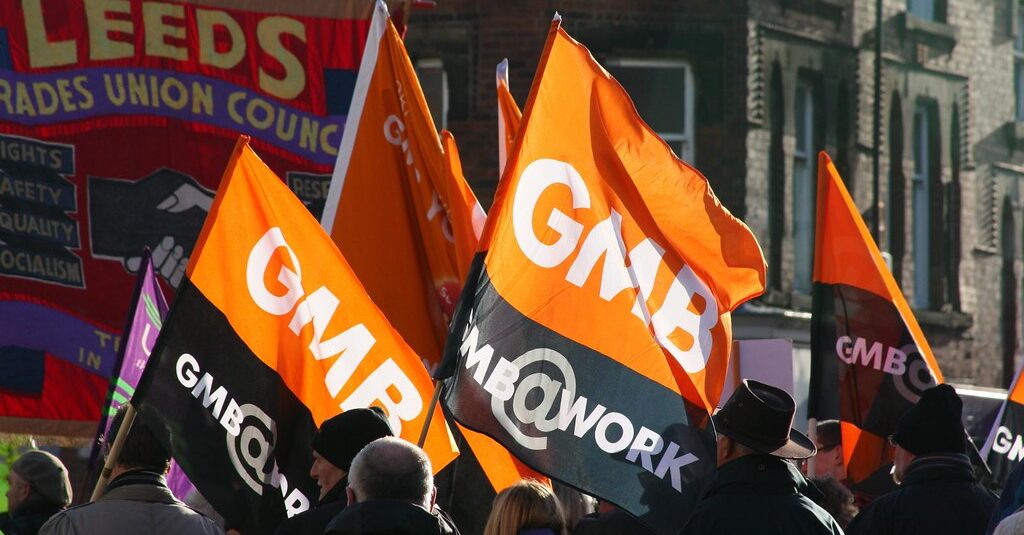

By Rebecca Anderson
AMAZON WORKERS at the Coventry Fulfilment Centre are fighting an historic battle for union recognition. In the face of union-busting tactics all too familiar to Amazon staff in the United States, the Coventry warehouse voted in the second week of July on whether to be represented by the GMB trade union in negotiations on pay and conditions.
Amazon is worth over $2tn, but as the regional GMB organiser Ferdousara Uddin has said, ‘there is no company that is too big or too powerful that it can ignore the voice of its workers’. GMB is demanding a £15 per hour minimum wage, and official recognition that will empower the union to represent the Coventry workers in negotiations over pay and working conditions.
This vote is the first of its kind in Amazon’s European operations. In the US, Amazon has successfully thwarted all but one attempt to win recognition—Staten Island in 2022. If GMB win in Coventry, it will be the first time that Amazon has been forced to recognise a trade union in Britain.
As the 3,000 workers in the Coventry fulfilment centre voted, fellow trade union activists in Amazon facilities across the country protested in support of their recognition campaign. On Monday 8 July, the TUC delivered a petition to Amazon’s London offices to support the call for recognition.
The fight is on
If the ballot is won in Coventry, the fight will be on for recognition across Amazon’s warehouses throughout Britain and the world.
From an unofficial walkout at the Coventry warehouse in December to this month’s ballot, GMB has been battling Amazon on the shop floor and in the courtroom. They filed legal proceedings against Amazon in April in response to the company’s anti-union tactics, and it has taken a ruling by the Central Arbitration Committee to bring about this ballot.
Amazon is doing all it can to stich up the outcome. GMB report that the global giant has flooded the Coventry fulfilment centre with new staff to dilute the trade union vote. Posters and digital notice boards ask, ‘why pay for something you already have for free?’ and ‘You’ve already got a voice, why pay for it?’ Undoubtedly, many workers will recognise the value of something that inspires such fear in their bosses, but these union-busting tactics have worked many times for Amazon in the US.
A victory in Coventry would be inspiring, particularly for Birmingham staff who also struck over pay earlier this year. It would bring Amazon workers in Britain closer to winning their pay demands and resisting Amazon’s infamously gruelling working conditions.
Recognition will not solve these problems. To do that the battle for unionisation must be spread, accompanied by coordinated national industrial action to both force concessions from Amazon and put pressure on GMB to organise strike action.